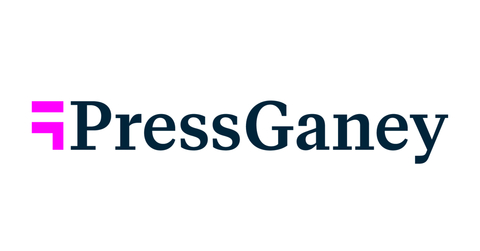 Periop Nursing
Periop Nursing
Press Ganey announces 2025 Human Experience Award recipients

Press Ganey, which provides experience measurement, data analytics and AI-powered insights to health systems and health plans, last week announced the recipients of its 2025 Press Ganey Human Experience Awards, which “recognize organizations that are going above and beyond, translating data, insight, and empathy into patterns and stories that fuel…
Break perioperative communication barriers for safer, more efficient surgeries

In any OR, a combustible combination of personalities and stressful situations can set off a chain of reactions that can at best lengthen surgeries or hurt feelings and at worst jeopardize patient safety and outcomes. As a board-certified neurosurgeon at Longstreet Clinic in Gainesville, Ga., Betsy Grunch, MD, FAANS, FACS,…
Rallying support for nursing education
Editor's Note Federal efforts to rein in student loan debt and tuition costs, including a new law and related Department of Education rules risk post-baccalaureate nursing students’ eligibility for federal loans as graduate medical students. In response, many professional practice organizations, including the American Nurses Association (ANA), are rallying support…
Tips to shape effective gamified education
Editor's Note Gamification in perioperative education has become a popular way to engage learners in different ways, including as teams. Perioperative educators shared their tips for creating and implementing effective gamified perioperative education in the December issue of AORN Journal. One essential goal noted was to ensure educational goals are…
AI wound care monitor detects infections early
Editor's Note A flexible, sensor-laden “smart” bandage that uses AI to predict infection before it impacts wound healing has worked in mice and is now being trialed for humans through research in progress led by a physician scientist in the department of surgery at the University of Arizona College of…
Leaders need to build human-centered skills
Editor's Note While technology remains a driving force in healthcare’s current evolution, leaders must prioritize blending human-centered capabilities with digital fluency and a mindset of reinventing themselves, according to a November article in Healthcare Executive. In the article, American College of Healthcare Executives President and CEO Deborah Bowen, FACHE, CAE,…
How to build ownership and flexibility in periop teams
Editor's Note The leadership mindset required in a rural surgical setting can provide skills to grow efficiency and case volume in all settings, according to insights from a chief nursing officer working at a regional heath hospital in the small city. He shared his insights in a November 12 blog…
How to avoid jargon in strategic leadership
Editor's Note Leaders communicating corporate strategies may be inadvertently using language that is too abstract and lacks the clarity needed for teams to transform strategy into action. Take for example words such as “innovation,” “excellence,” and “agility.” These words can be open to interpretation, or “semantic latitude,” as described by…
Review: How effective is initial virtual acute orthopedic care?
Editor's Note In-person approaches to assess and manage patients who have been recently diagnosed with bone fractures face challenges with meeting patient demand. This can delay accurate and timely clinical decisions for further care. Research suggests that virtual fracture clinics can be an effective alternative to in-person fracture clinics. The…
Enhanced PPE among updates to improve instrument sterilization safety
Editor's Note Updates to evidence-based guidance in the AORN 2026 Guideline for the Care and Cleaning of Surgical Instruments were summarized in a November 7 AORN news story to outline key updates such as new PPE recommendations for perioperative staff working in the decontamination area. For example, new recommendations in…

 Free Daily News
Free Daily News